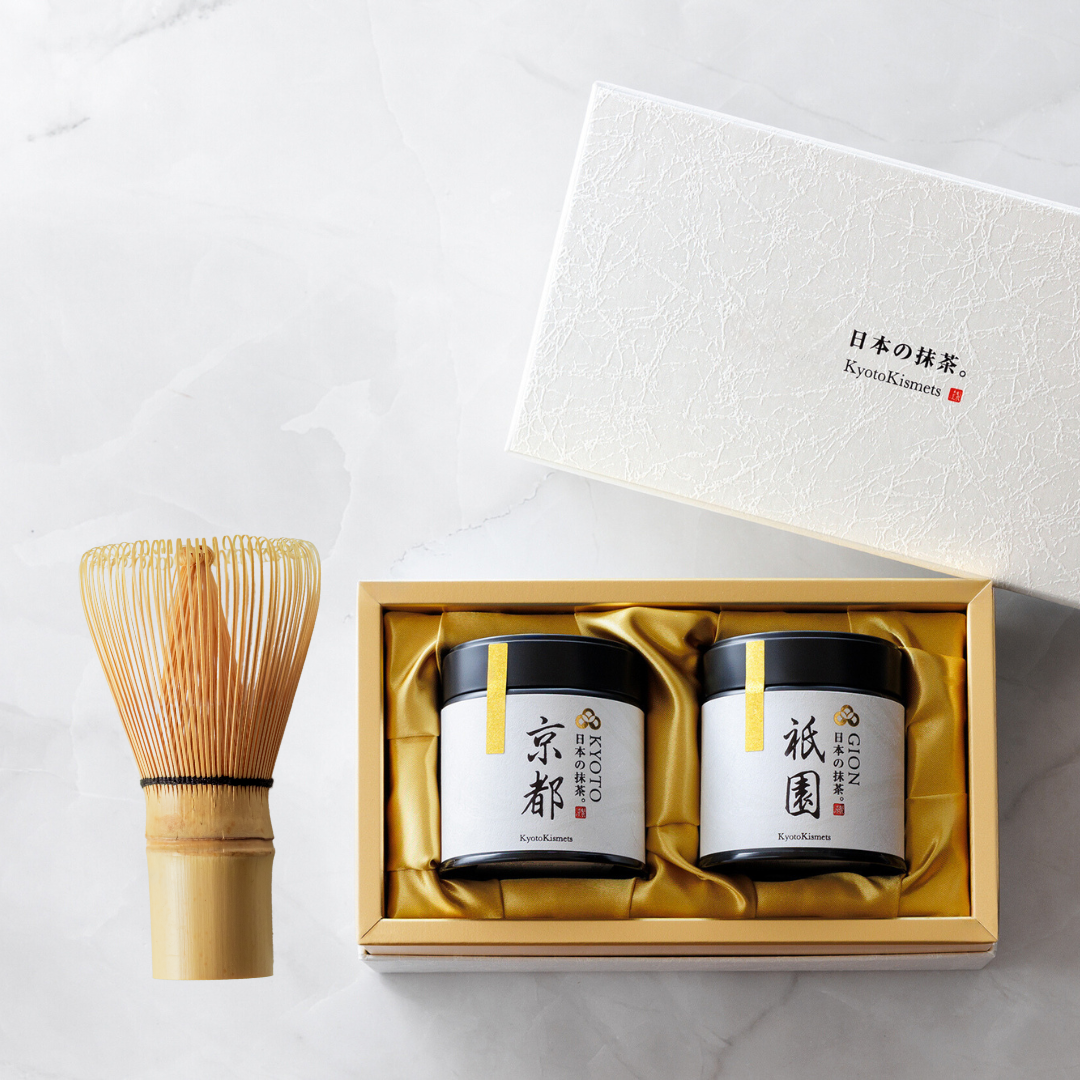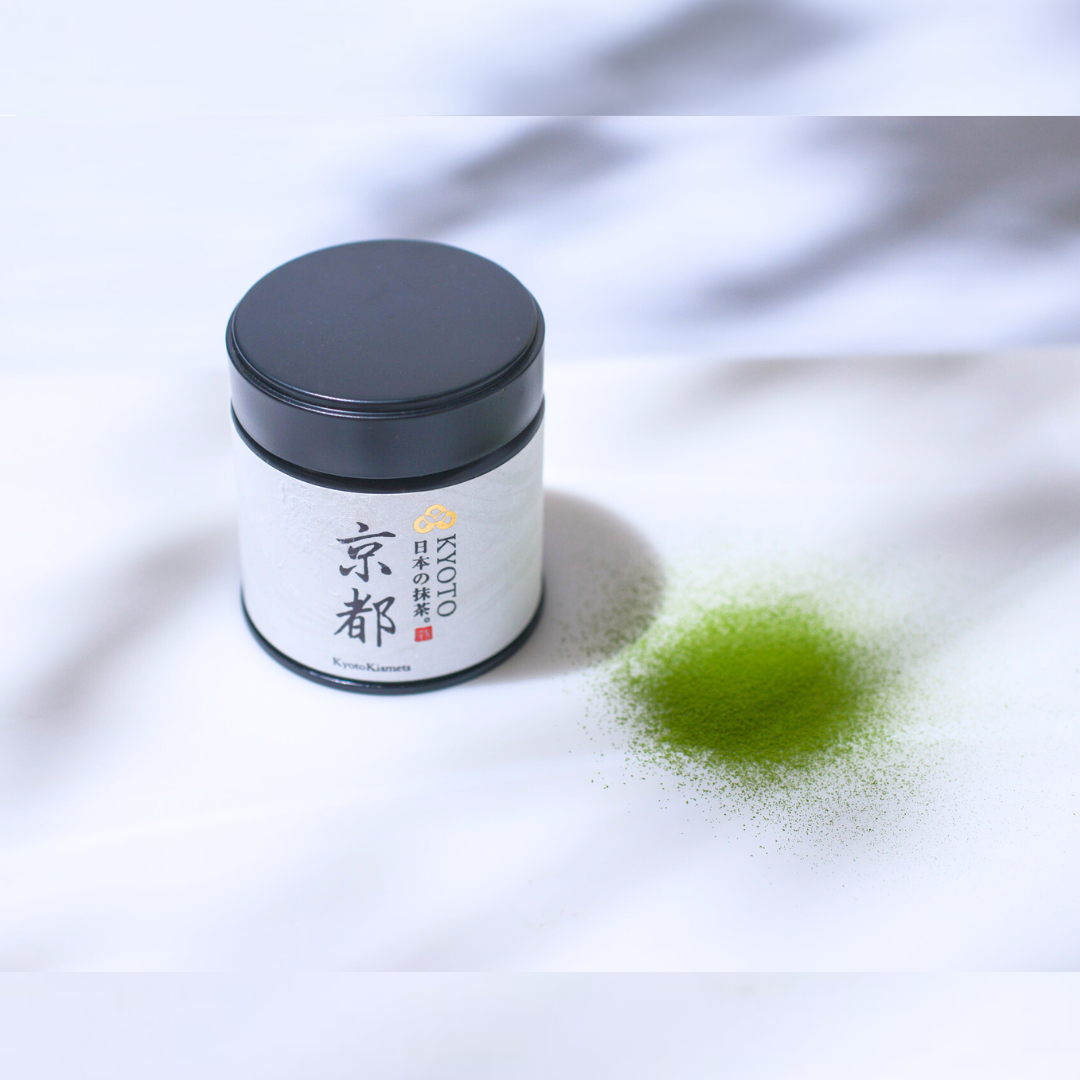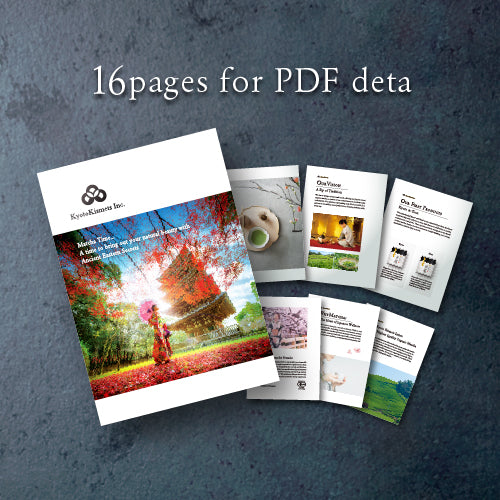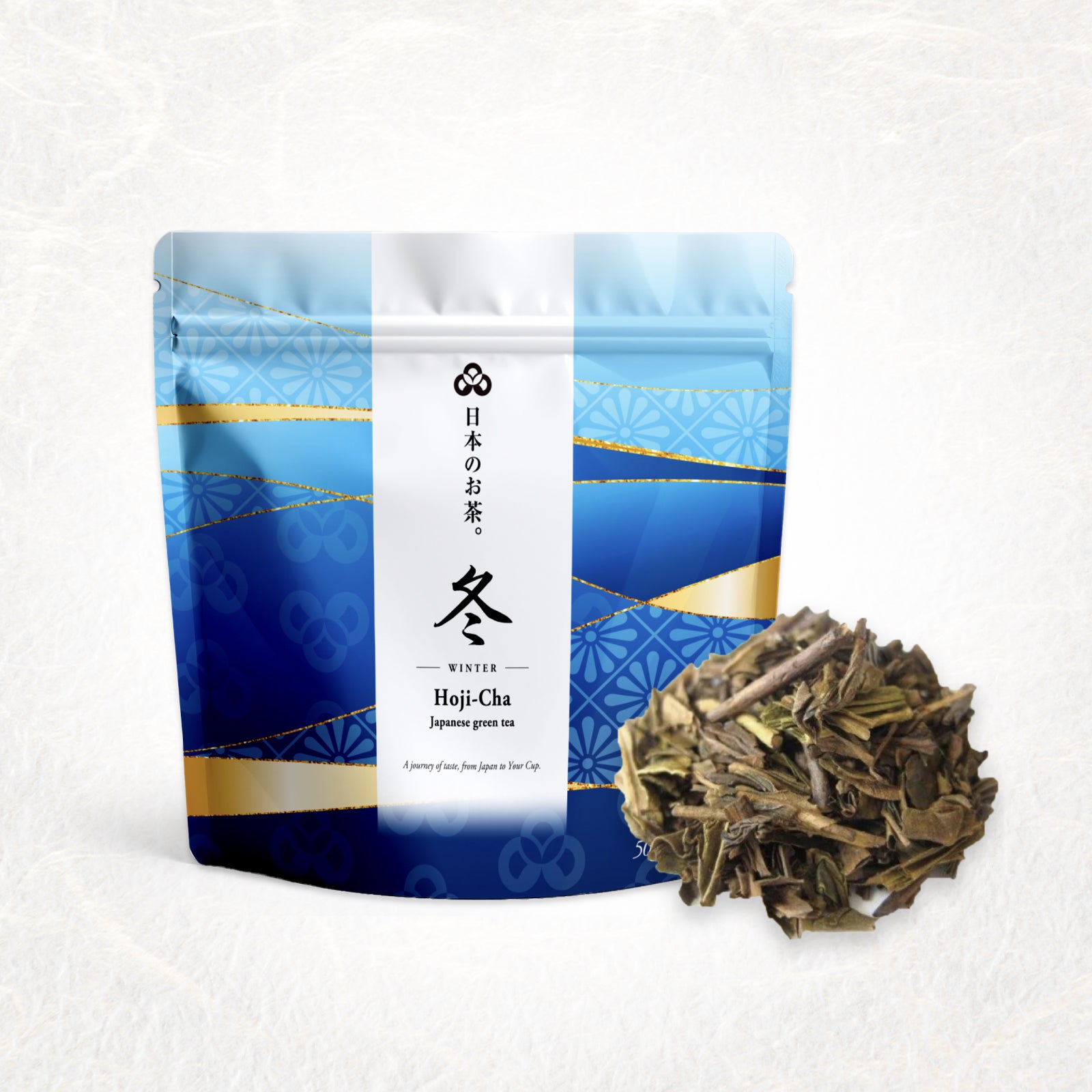Antibacterial Action
Matcha, a finely ground powder made from specially grown and processed green tea leaves, is celebrated not only for its rich cultural significance but also for its myriad health benefits. Among these, its antibacterial properties stand out as particularly noteworthy. This green tea derivative is rich in catechins, a type of polyphenol that exhibits significant antibacterial action, especially within the oral cavity.
Experiments have demonstrated that catechins are effective in maintaining the bacterial balance in the mouth. Oral health is a delicate equilibrium of bacterial flora; while certain bacteria are beneficial and necessary for oral health, others, if allowed to proliferate unchecked, can lead to periodontal diseases. Matcha's catechins help preserve this balance by inhibiting the growth of harmful periodontal bacteria without disrupting the beneficial ones. This attribute makes matcha an intriguing subject for the development of new oral care materials aimed at reducing periodontal bacteria while promoting the growth of beneficial oral microbes.
Furthermore, the antibacterial properties of matcha extend beyond oral health, contributing to its role in a healthy diet. The integration of matcha into daily consumption can be a proactive approach to harnessing its antibacterial benefits, potentially enhancing overall well-being.
Reference source: "20 Health Benefits of Tea," published by the Japan Tea Industry System Strengthening Promotion Council.







